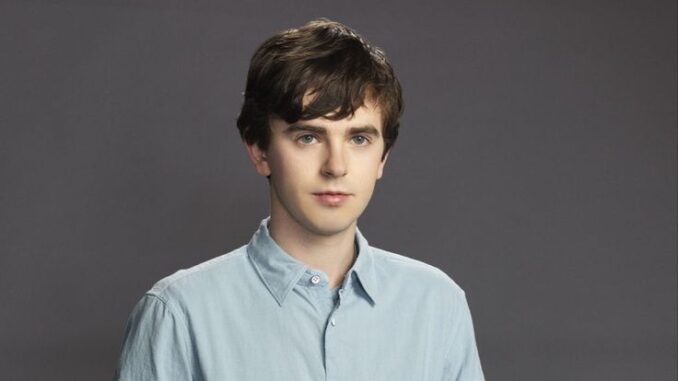
After a successful run spanning seven seasons, ABC’s medical drama The Good Doctor has officially reached its conclusion, leaving fans emotional and curious about what led to the network’s decision. The show, which premiered in 2017, became a standout series thanks to Freddie Highmore’s sensitive and nuanced portrayal of Dr. Shaun Murphy—a brilliant young surgeon with autism and savant syndrome navigating the high-stakes world of medicine.
1. Creative Closure
From the start, The Good Doctor was envisioned with a limited character arc. Over the course of seven seasons, viewers witnessed Shaun’s evolution—not only as a doctor but also as a human being learning to connect emotionally with others. He faced heartbreak, friendship, marriage, and fatherhood. By the final season, Shaun’s journey had reached a natural and satisfying narrative conclusion. Rather than drag out the story and risk diluting its emotional impact, the creators opted to wrap it up on a high note.
2. Freddie Highmore’s Career Trajectory
Freddie Highmore, who not only starred in the show but also served as a producer and occasional director, has expressed interest in exploring new creative ventures. After dedicating nearly a decade to The Good Doctor, he is now expanding his horizons—including starring in a British crime drama, The Assassin, where he plays a very different character opposite Keeley Hawes. His desire to take on new challenges may have influenced the decision to end the series.
3. The Changing Landscape of Network TV
Network television has been shifting dramatically over the past few years. With streaming services dominating the entertainment landscape, traditional broadcast networks are more cautious than ever when it comes to long-running scripted dramas. ABC, like many networks, is prioritizing new content with fresher formats, and ending The Good Doctor makes room for upcoming projects.
4. Budget and Production Costs
By season seven, The Good Doctor had grown into a high-budget show. With a large ensemble cast, frequent guest stars, and detailed hospital sets, production costs were steep. As a show ages, salaries typically rise as well. ABC may have determined that the return on investment no longer justified the financial output, especially in a competitive content economy.
5. Emotional Timing
Sometimes, a show ends not because it has to—but because it should. The season 7 storyline wrapped up major arcs, including Shaun and Lea’s journey into parenthood and the emotional resolution of long-simmering character relationships. Asher Wolke’s tragic death shook both characters and viewers, signaling that the series was unafraid to end on powerful, bittersweet notes. Writers and producers reportedly felt that this was the right emotional time to say goodbye.
6. Spinoffs and Legacy
Although The Good Doctor has ended, its impact lingers. The show’s spinoff pilot, The Good Lawyer, generated buzz, and while it wasn’t picked up, ABC hasn’t ruled out future expansions of the universe. Additionally, The Good Doctor has been praised for its authentic portrayal of autism, even while sparking necessary debates about representation. It paved the way for more nuanced characters in mainstream television.
In the end, The Good Doctor wasn’t canceled due to failure—but rather concluded with purpose. It served its story with integrity, gave its lead character a complete arc, and ended on its own terms—something few network dramas are afforded. While fans will miss Shaun Murphy and his world, they can find comfort in knowing the series bowed out with heart, grace, and a legacy that won’t be forgotten.
